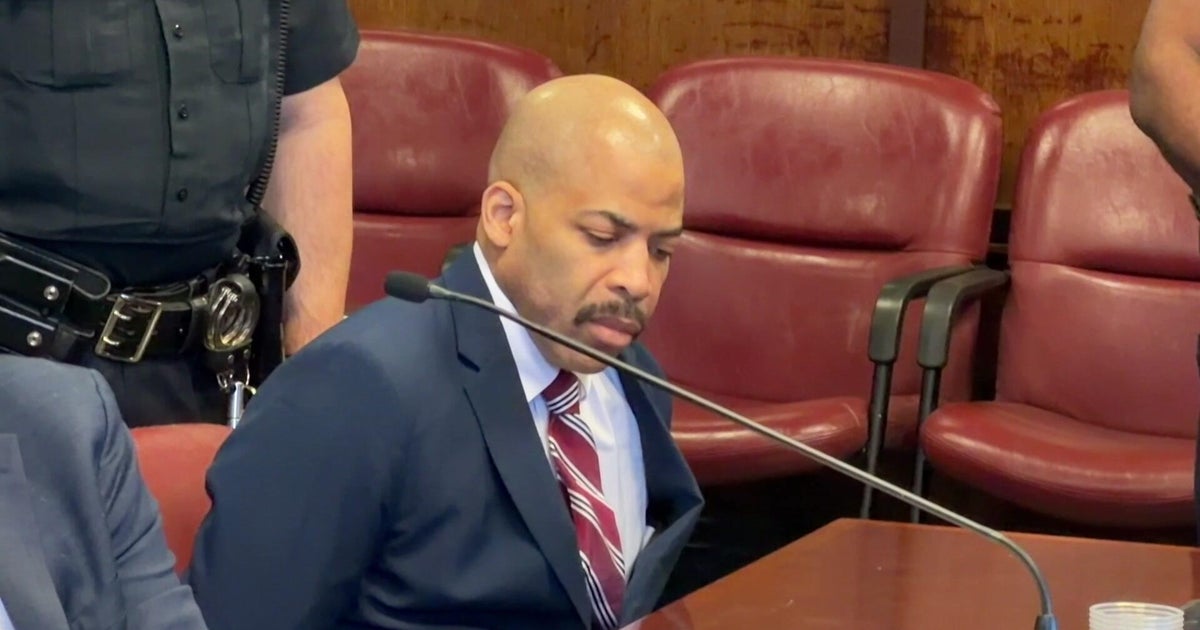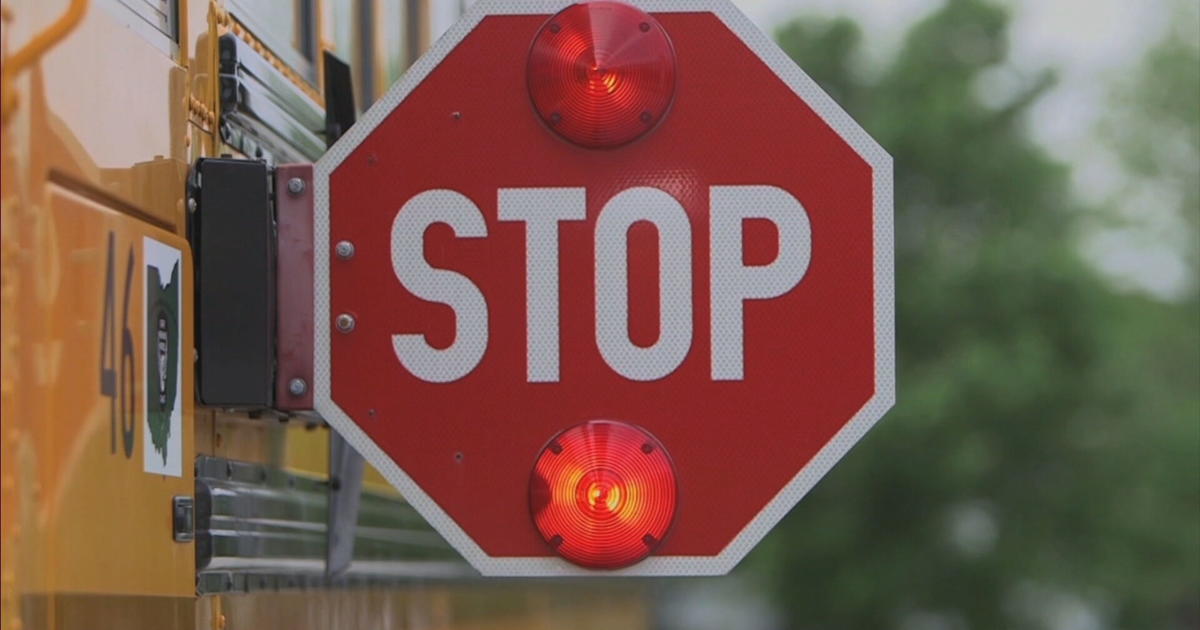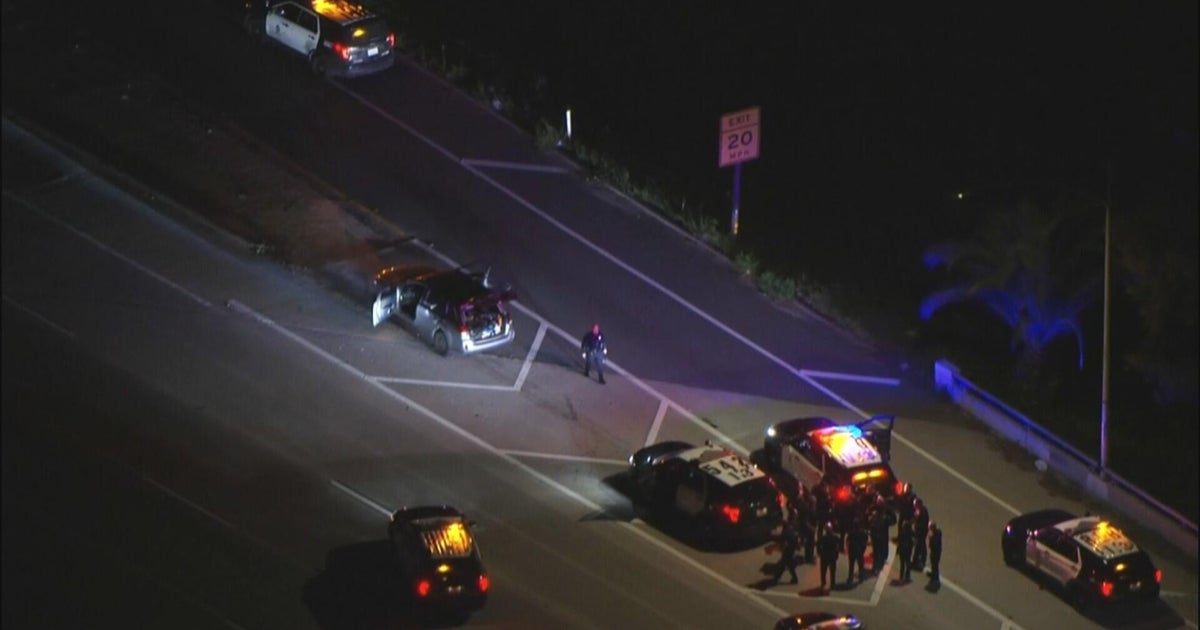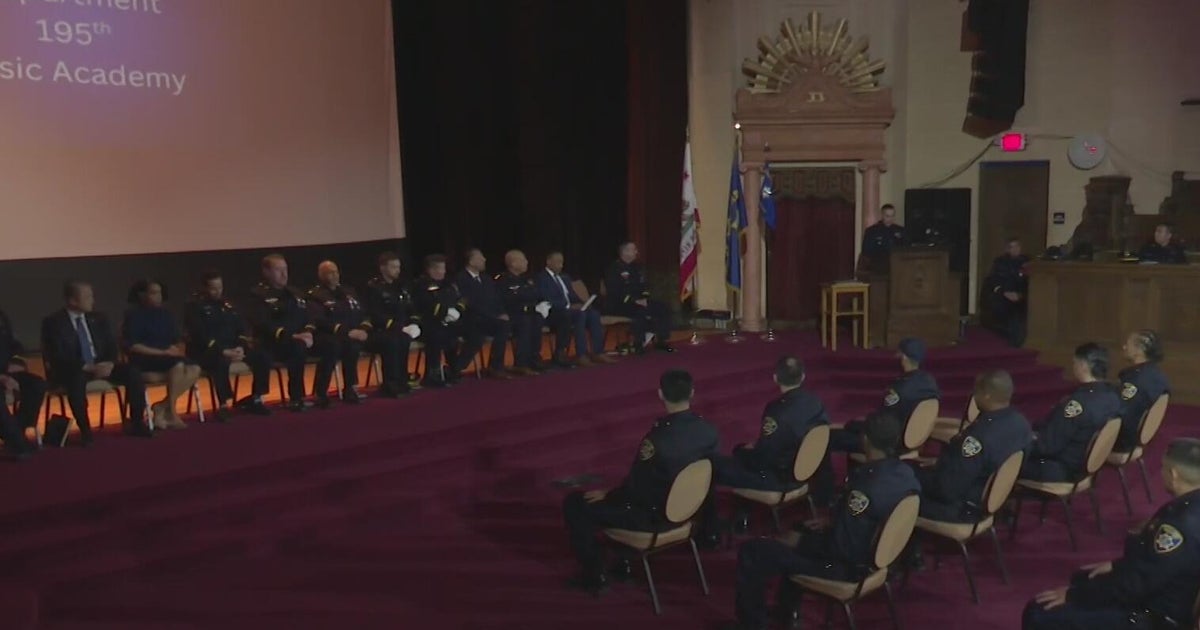Advocates urging lawmakers to close loophole in Maryland drunk driving law
BALTIMORE -- In 2016, Maryland lawmakers in the state house passed Noah's Law, named in honor of a Montgomery County police officer who was hit by a drunk driver.
The law requires ignition interlock systems on the cars of convicted drunk drivers. But for years, some have said the law doesn't go far enough.
Wednesday at the state house in Annapolis, family members of drunk driving victims and advocates testified before the House Judiciary Committee in hopes of closing a major loophole in Noah's law.
Advocates have been looking to change Maryland's drunk driving law, known as Noah's Law, for six years.
During testimony today, the State's Attorney for St. Mary's County said drunk driving is an epidemic and this is the year state legislators can do something to address the issue.
"The amount of people that are out there driving impaired that are not being caught is creating a nightmarish problem where they are playing Russian Roulette with everyone on the road," said Richard Leotta, father of fallen Montgomery County police officer Noah Leotta.
Noah was on duty, working on the department's Holiday Alcohol Task Force in December 2015 when he was killed by a drunk driver.
A year later, Noah's Law was enacted in Maryland. The law requires a person convicted of alcohol-related driving offenses to have an ignition interlock system installed in their vehicle. However, if an offender is given probation before judgment, they are not required to install the ignition interlock device.
Advocates are hoping to close that loophole by passing new legislation. "Any concerns from this body politic about the cost of this tool, this is the cost of it.
The cost is a human life." According to Mothers Against Drunk Driving, in 2022, Maryland's Ignition Interlock Program prevented 3,650 attempts to start or operate a vehicle where the driver's blood alcohol concentration was above the legal limit.
After six years of pleading for legislators to close the loophole in current law, Richard Leotta is hoping this is the year of change.
"It would be a blessing if they did that in memory of Noah and all of the victims of impaired driving," Richard Leotta said.







